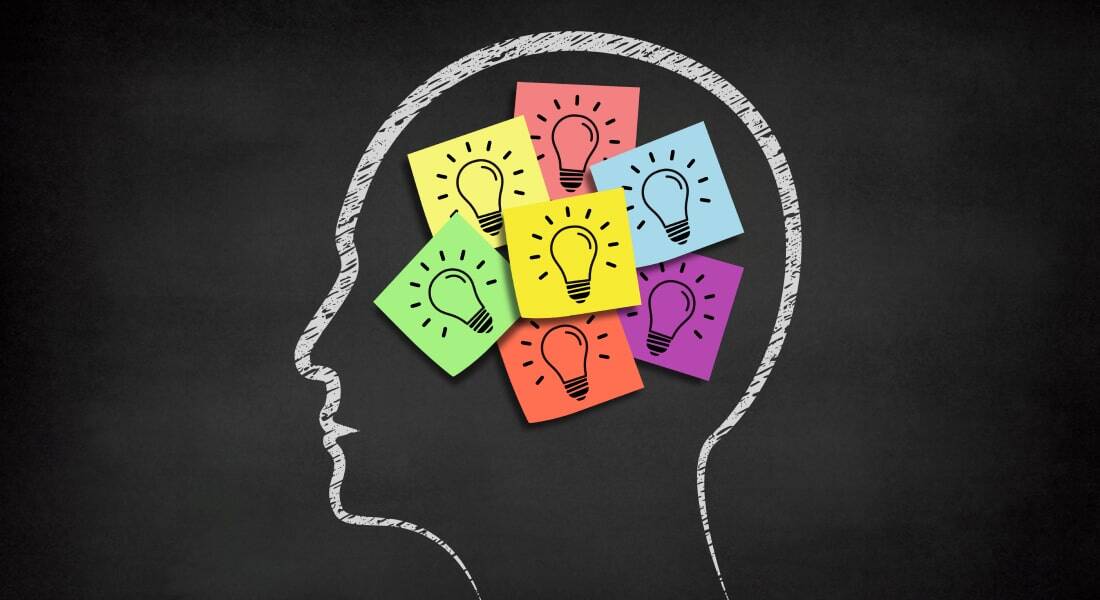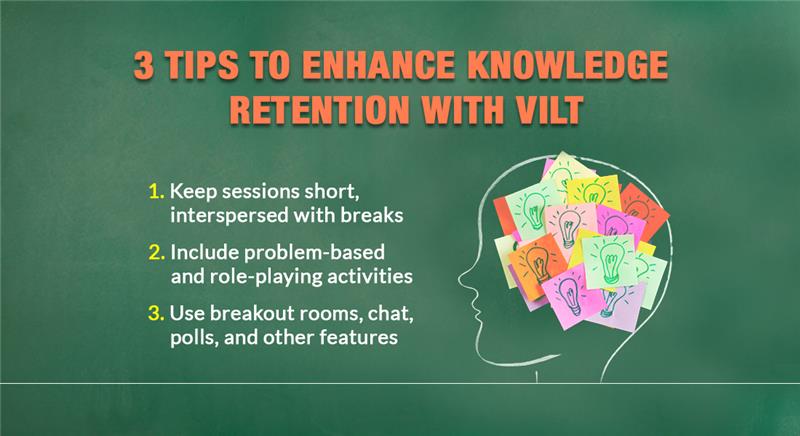How to Overcome Poor Learning Retention in the Digital Age?

Learning never exhausts the mind. -Leonardo da Vinci
Learning is a lifelong journey that impacts every facet of our lives. It's like constantly upgrading the software of the brains to stay relevant and effective in whatever we do. But here's the catch, despite our best efforts, a lot of what we learn tends to slip away over time. Because learning in the digital age comes with its own set of challenges, primarily the abundance of distractions that can hinder retention. In a world where notifications, emails, and social media constantly vie for our attention, staying focused on learning can be difficult. Despite the vast amount of information available online, the challenge lies in ensuring that the knowledge gained is not just momentarily absorbed but retained over time.
Think about it - you spend hours diving into learning, absorbing all this valuable knowledge. Yet, 90% of that learning could be gone before you know it. That's a pretty big gap between what we learn and what actually sticks with us. So, why does this happen? Our brains are wired to prioritize information that's most relevant or used frequently. If we don't reinforce what we learn, it's easy for our memories to fade. But there are ways to hack our brains for better learning retention.
→ Download eBook: How L&D And Business Can Align to Conquer the Future Of Work
Table of Contents
- What is Learning Retention?
- What are the Causes of Poor Learning Retention?
- How to Enable Learning Retention— Winning Tips
Why Do Learners Struggle with Learning Retention?
Here are a few causes of poor retention:
- Lack of motivation
- Lack of desire to learn
- Inability to comprehend content
- Too much mental tension
What is Learning Retention?
Learning retention refers to the ability to remember and recall information or skills after the initial learning period. It reflects how well and for how long knowledge is retained in memory and can be recalled and applied when needed.
What are the Causes of Poor Learning Retention?
1. Lack of Motivation:
Motivation plays a crucial role in learning retention. When learners lack motivation, they may not fully engage with the material or put in the effort required to retain information. Motivation can be influenced by factors such as the relevance of the content to their goals, the perceived benefits of learning, and the support and encouragement received. Without motivation, learners may quickly forget what they've learned as they haven't internalized its importance or relevance.

2. Lack of Desire to Learn:
Similar to motivation, the desire to learn impacts retention. If learners do not have a genuine interest in the subject matter, they may approach learning with reluctance or disinterest. This can lead to superficial understanding and forgetting soon after learning. The desire to learn can be influenced by personal interests, previous experiences with the subject, or the presentation of the material. When learners lack intrinsic curiosity or passion for a topic, they are less likely to retain information over the long term.
3. Inability to Comprehend Content:
Understanding the material is essential for retention. If learners struggle to comprehend the content due to its complexity, lack of clarity in instruction, or inadequate foundational knowledge, they may only grasp superficial aspects of the information. Without deep comprehension, retention becomes challenging because learners cannot connect new information with existing knowledge frameworks. Effective learning methods, clear explanations, and opportunities for clarification are crucial to help learners grasp and retain complex concepts.

How L&D And Business Can Align to Conquer The Future Of Work
Bridging the Gap Between Organizational and Individual Goals!
- Learning Strategies Shaping the Future
- Changing Role of Learning Professionals
- Learning to Solve Business Challenges
- And More!
4. Too Much Mental Tension:
Excessive mental tension or stress can impair learning retention. Stress activates the body's fight-or-flight response, which can hinder cognitive functions such as memory consolidation and retrieval. When learners are under stress, they may find it difficult to focus, process information effectively, or commit it to memory. Strategies to manage stress, create a supportive learning environment, and promote relaxation techniques can help mitigate the negative impact of mental tension on learning retention.
How to Enable Learning Retention — Winning Tips
- Understand the purpose of your learning
- Focus only on the content that matches your purpose
- Have a strong desire and interest to learn
- Make an in-depth analysis and get a clear understanding of the information you learn
- Shape yourself with a well-rounded procedure by actively participating – by involving, memorizing, imagining, observing, investigating, etc.
- Have the “background” knowledge of what you are learning
- Evade cognitive overload of the irrelevant/unnecessary things
- Take frequent breaks during your learning sessions
- Try to break the information into small manageable chunks. Microlearning works best for effective learning retention.
Here’s a quick video highlighting the benefits of microlearning.
- Relate what you are learning to real-life situations or scenarios to reinforce understanding.
- Share and discuss your thoughts and ideas with others to deepen understanding through peer-to-peer learning.
- Actively apply what you have learned in practical situations to reinforce retention and deepen understanding.

- Bookmark all important information for your reference.
- Do not underestimate your ability to learn and be positive about yourself.
- Plan for regular learning sessions and keep reviewing the information constantly.
These are some of the tips that will surely help you in learning retention, with positive outcomes.
To Learning that Retains!
Learning is not just about dumping information, it's about creating meaningful connections and associations that our brains can latch onto for a long time. By understanding how people learn and remember, L&D managers can deliver learning that retains.
The goal is to ensure that what learners learn today isn't forgotten tomorrow. Because when knowledge sticks, learning is not just ticking boxes. To gain more insights, download our eBook now and discover how effective learning can bridge the gap between organizational goals and individual success. Get ready to crack the success code and conquer the future of work!
Editor’s note: This post was originally published on March 04, 2015 and has been updated for comprehensiveness.




![5 Effective Ways to Incorporate Spaced Learning in E-Learning [Infographic]](https://blog.commlabindia.com/hubfs/Imported_Blog_Media/spaced-learning-knowledge-retention-main.jpg)
